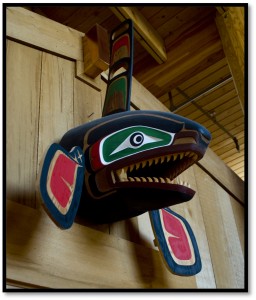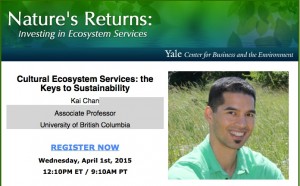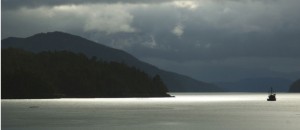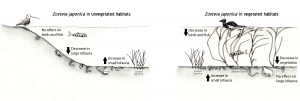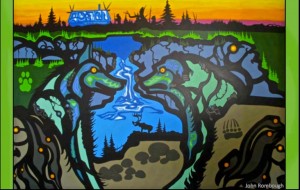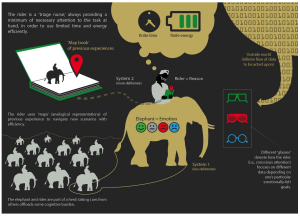Kai Chan selected as delegate to World Science Forum
Kai has been selected as one of four young Canadian delegates to the InterAcademy Partnership’s 2015 World Science Forum. The Forum will focus on “Scoping the future: views and ideas of young scientists to tackle global challenges” and will take place in Budapest, Hungary in November 2015.
John Driscoll wins Les Lavkulich Graduate Student Fellowship
The Les Lavkulich Awards have been endowed by colleagues, friends and UBC alumni in honour of Professor Les Lavkulich, who created the Resources and Environment Program in 1979, the first truly interdisciplinary graduate program at UBC. As the program’s inspirational leader between 1979 and 2004, he was able, with his unrelenting effort and visionary thinking, […]
Policy Forum in Science with Paige
CHANS lab PhD Student Paige Olmsted was part of a global analysis of Payments for Ecosystem Services programs, which resulted in this piece in Science this week calling for improved understanding and inclusion of ecological principles and considerations in project design.
Nathan Bennett awarded Liber Ero Fellowship
Congratulations to Nathan Bennett on being awarded a Liber Ero Fellowsip, Canada’s most prestigious conservation science fellowship. Nathan’s project is called ‘Towards more coordinated and strategic networks: How effectively are marine conservation organizations producing management actions and outcomes in Canada’s Great Bear Sea?’

